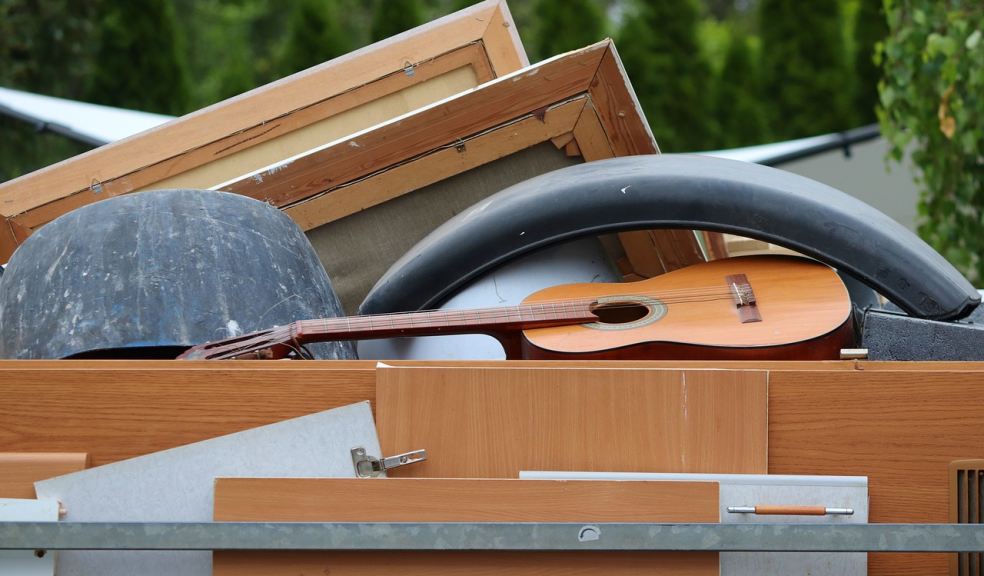
Finding the Right Size for Your Waste Needs in Leeds
Waste disposal can be challenging, especially for those unfamiliar with available options. Choosing the right skip size is important for both convenience and cost. Whether clearing a garden, renovating a home, or handling commercial waste, understanding your waste volume helps in selecting an appropriate skip. This ensures efficient rubbish management while keeping costs under control.
Many people struggle to decide on the right skip size, leading to underutilised space or overflowing skips. Both scenarios can increase costs and cause inconvenience. However, knowing the different skip sizes and their capacities allows for better decision-making.
Types of Skips for Various Projects
Selecting the right skip is essential for effective waste management, as different types cater to specific needs. Mini skips, typically 2 cubic yards in size, are perfect for small household tasks such as clearing out a garage, garden waste, or minor DIY projects. They can hold around 20 to 30 bin bags of waste, making them a cost-effective solution for minimal rubbish removal.
For medium-scale waste disposal, such as home renovations or office clear-outs, midi skips offer a better alternative. These range from 4 to 5 cubic yards and can accommodate materials like furniture, flooring, and garden debris. Their versatility makes them popular for homeowners tackling projects that produce a moderate amount of waste.
Builders' skips, which hold between 6 and 8 cubic yards, are ideal for large-scale home renovations, kitchen and bathroom refits, or small construction jobs. These skips efficiently handle heavy materials such as bricks, concrete, and timber. Construction companies and contractors commonly use them due to their ample capacity.
For commercial and industrial waste disposal, maxi skips, which hold 10 to 12 cubic yards or more, provide a practical solution. These skips are designed to accommodate substantial amounts of waste, including bulky items like metal, plasterboard, and large furniture. They are commonly found on large construction sites, retail refurbishments, and industrial projects.
Choosing the Right Skip Hire Service
Selecting a reliable skip hire provider ensures efficient waste disposal and compliance with local regulations. Gold Skip Hire is a trusted company offering local skip hire in Leeds for domestic, commercial, and industrial projects. With a focus on customer satisfaction, they provide a wide range of skip sizes, timely deliveries, and competitive pricing.
Gold Skip Hire offers mini skips for small household clear-outs, builders' skips for renovation projects, and larger skips for commercial waste. Their specialised skips cater to different waste types, including general, mixed, and recyclable materials like soil or rubble. Customers benefit from flexible hire periods, ensuring skips are available for as long as needed.
The company prioritises eco-friendly waste management, aiming to recycle as much material as possible. Their expert team provides guidance to help customers choose the most suitable skip, preventing over- or under-sizing issues.
Understanding Skip Sizes and Capacities
Many people struggle to determine the right skip size for their needs, often leading to overestimation or underestimation. To make an informed choice, it’s crucial to understand how much waste each skip size can hold and what type of projects they are suited for.
- Mini Skips (2-3 cubic yards): Best for minor domestic tasks, such as small garden projects, DIY jobs, or room decluttering. They fit easily on driveways, making them a convenient option for households with limited space.
- Midi Skips (4-5 cubic yards): Suitable for moderate waste disposal needs, including medium-sized renovations and home improvement projects. They hold approximately 40 to 50 bin bags, making them a practical choice for those generating a noticeable but manageable amount of waste.
- Builders' Skips (6-8 cubic yards): The most commonly hired skip size, perfect for major home refurbishments, large-scale landscaping, or construction debris. They can accommodate heavier waste, including rubble, soil, and bricks.
- Maxi Skips (10-12+ cubic yards): Designed for commercial and industrial projects, these skips handle large volumes of waste, such as demolition materials, bulky furniture, and large-scale office clear-outs. Their higher capacity makes them the best choice for businesses managing significant waste disposal.
Benefits of Hiring a Skip
The most immediate benefit is convenience. Having a skip on-site allows for easy and continuous waste disposal, eliminating multiple trips to waste disposal sites. This efficiency saves time and effort, especially for large projects.
A skip also helps keep work areas tidy and safe. Collecting waste in one place reduces the risk of hazards caused by scattered debris. This is particularly important for construction sites, where maintaining a clean space helps prevent accidents.
Regulations Surrounding Waste Disposal
Waste disposal in the UK is subject to strict regulations to ensure environmental protection and public safety. The Environmental Protection Act 1990 outlines responsibilities for businesses and individuals, including the proper handling, transport, and disposal of waste.
Certain materials, such as asbestos, batteries, tyres, and electrical waste, are classified as hazardous and cannot be placed in standard skips. Fly-tipping is a criminal offence, carrying heavy fines or prosecution. To avoid legal issues, waste must be disposed of through licensed carriers, and businesses must complete a waste transfer note when disposing of commercial waste.
Local councils may also require permits for placing skips on public roads. In England, permits are issued by local authorities and typically last between one and four weeks. Failure to obtain one can result in fines.











